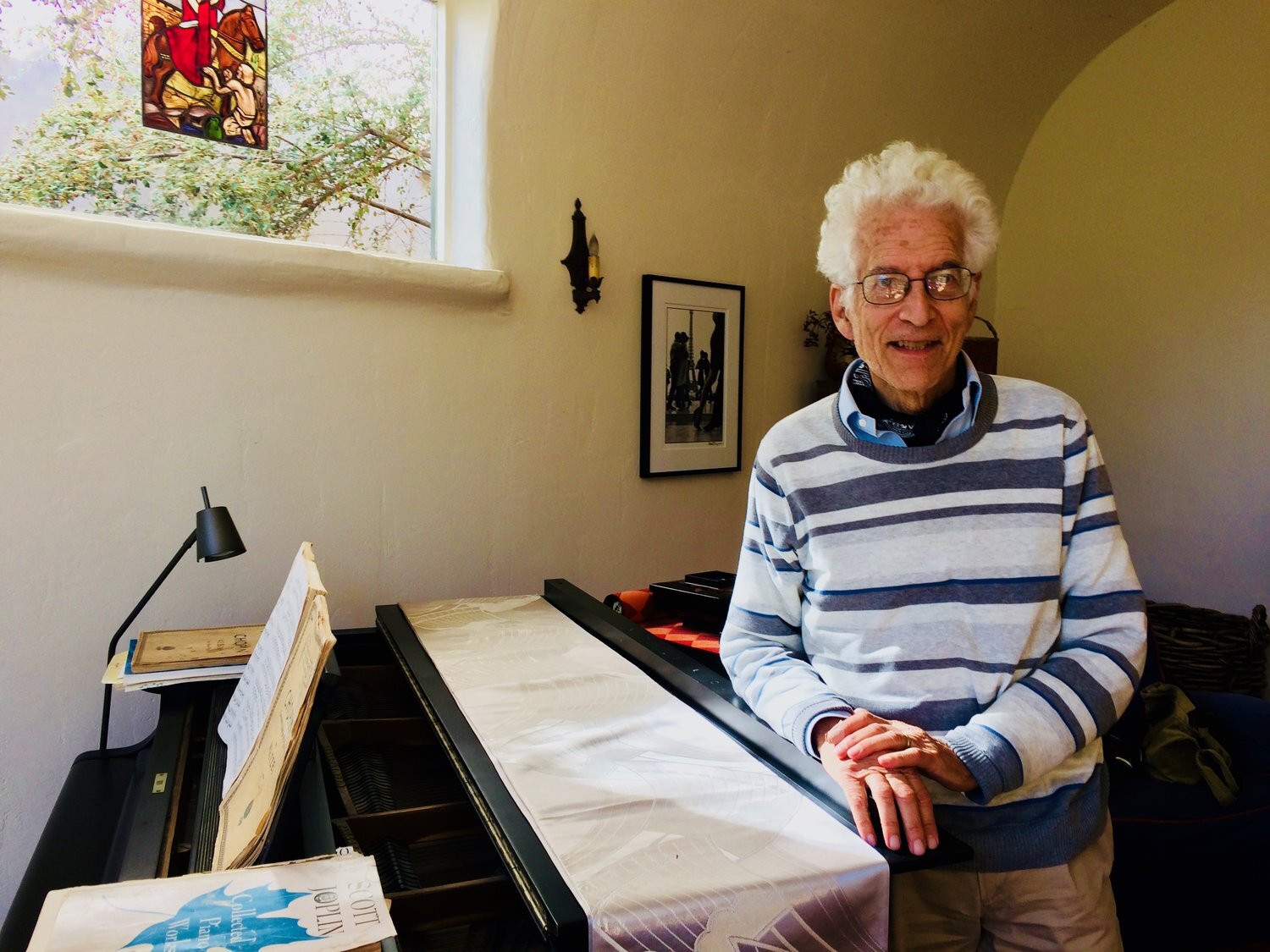
Former Rolling Stone Publisher Alan Rinzler at his home in Berkeley, CA. Rinzler, after calling Hunter S. Thompson a racist, suggests Oscar Acosta had every reason to feel betrayed by Thompson’s portrayal of him as a 300-pound Samoan.
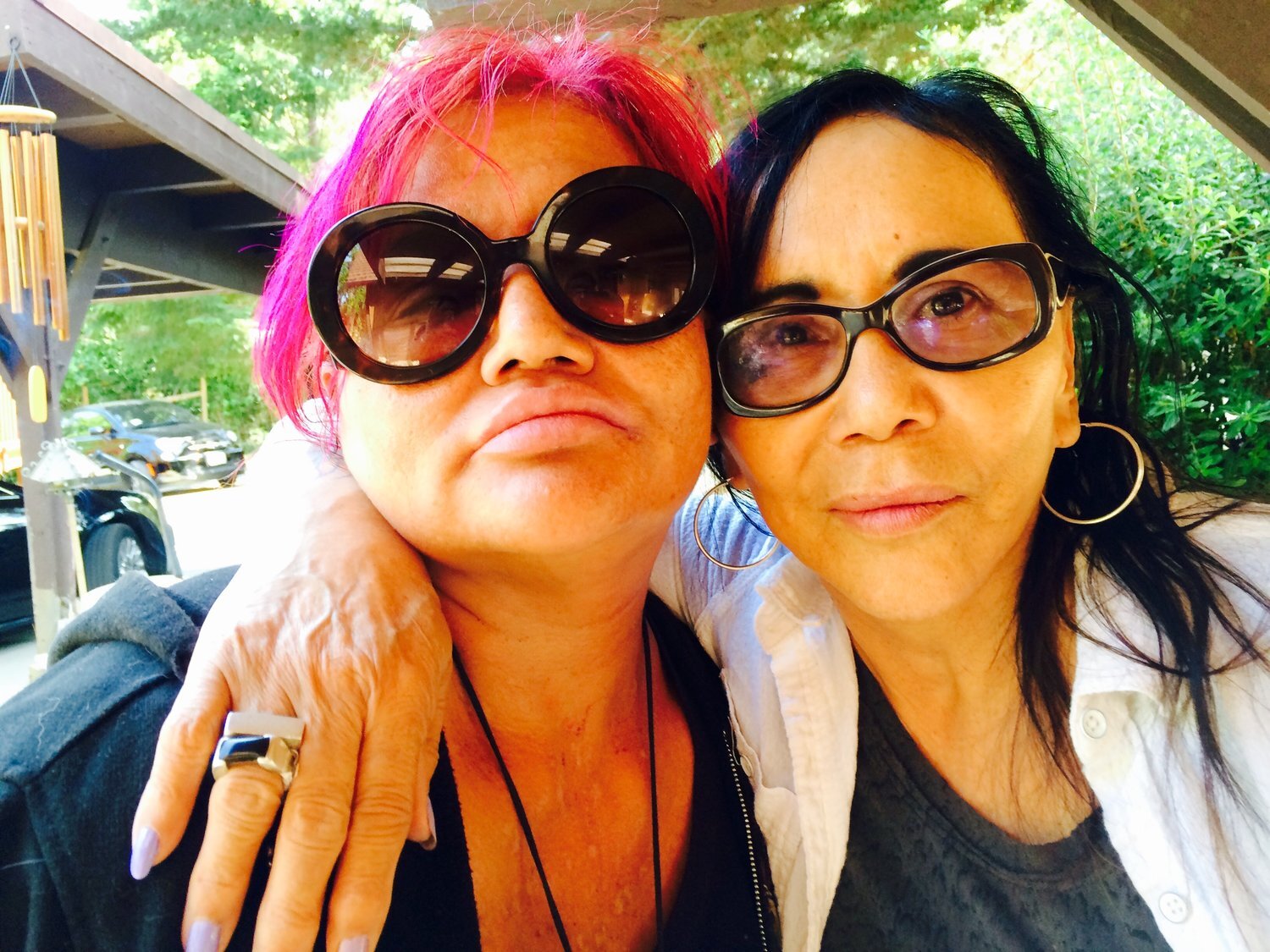
Stephanie Acosta (Oscar’s Niece) and her mom Anita Acosta (Oscar’s sister) at home near the Russian River in Northern California.
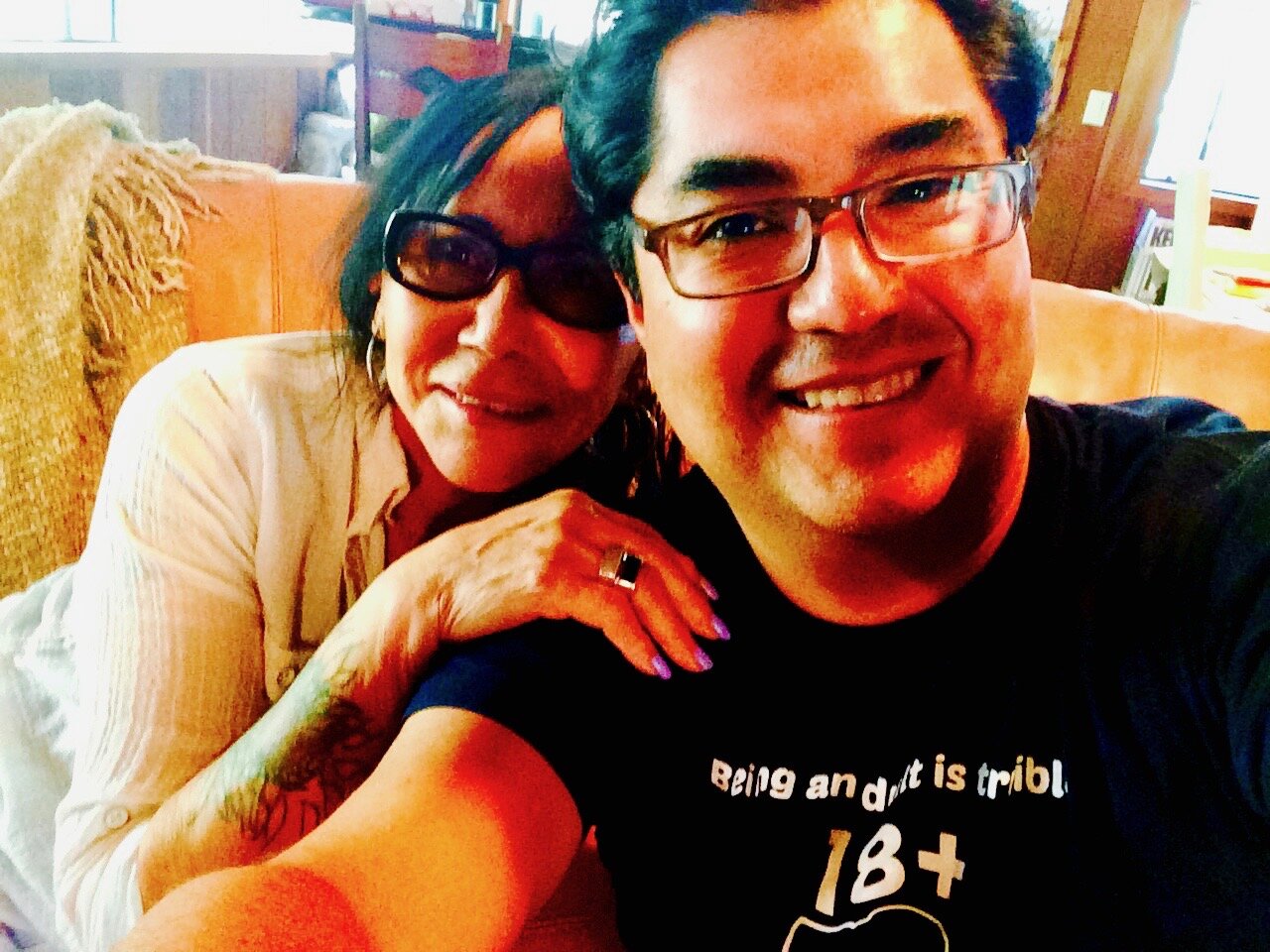
Anita Acosta and Podcast Host Marcos Nájera take a break from talking.
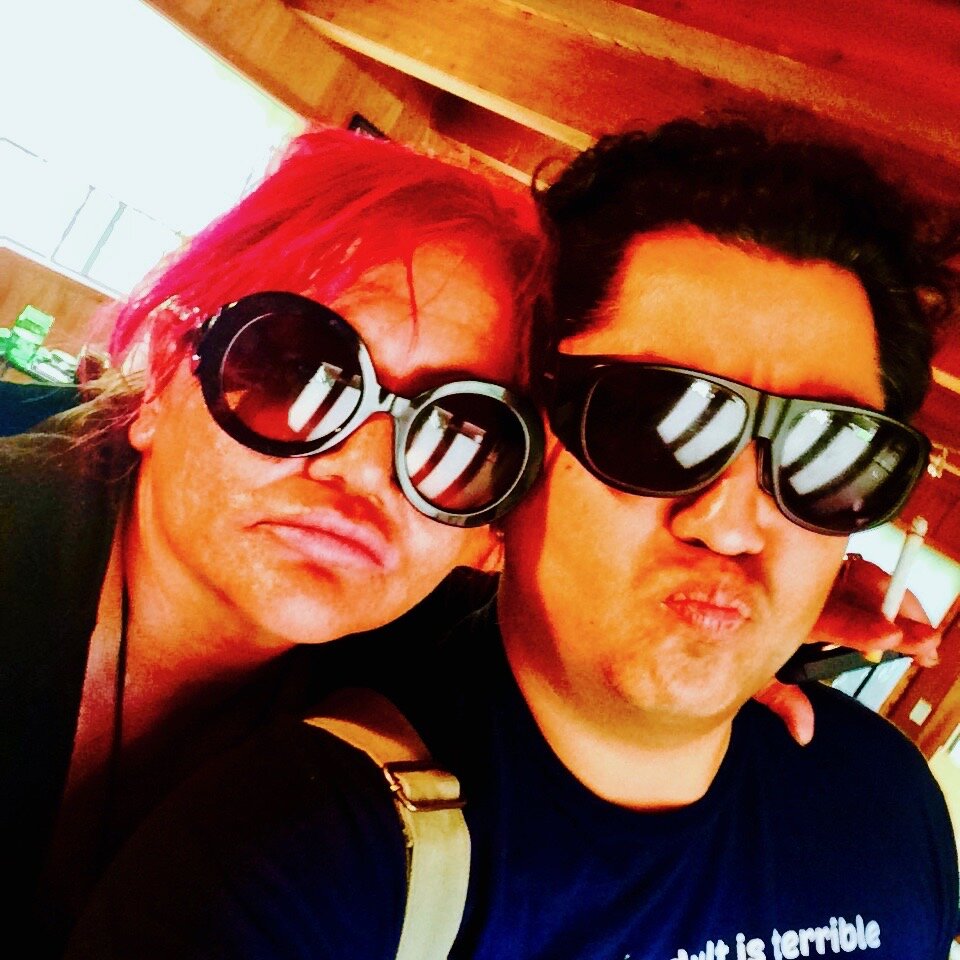
Stephanie and Marcos take a selfie as Nájera prepares to record a podcast episode.
![[Clockwise from left] Anita Acosta (Oscar’s Sister), Marco Acosta (Oscar’s son) and Betty Dowd (Oscar’s first wife) share a laugh at the San Francisco Latino Film Festival afterparty inside Max’s Opera Cafe.](https://images.squarespace-cdn.com/content/v1/59669009d2b8571d854062af/1622264019061-OLXOZ21RF6XU37NFX2AM/BETTY%2BDOWD.jpeg)
[Clockwise from left] Anita Acosta (Oscar’s Sister), Marco Acosta (Oscar’s son) and Betty Dowd (Oscar’s first wife) share a laugh at the San Francisco Latino Film Festival afterparty inside Max’s Opera Cafe.
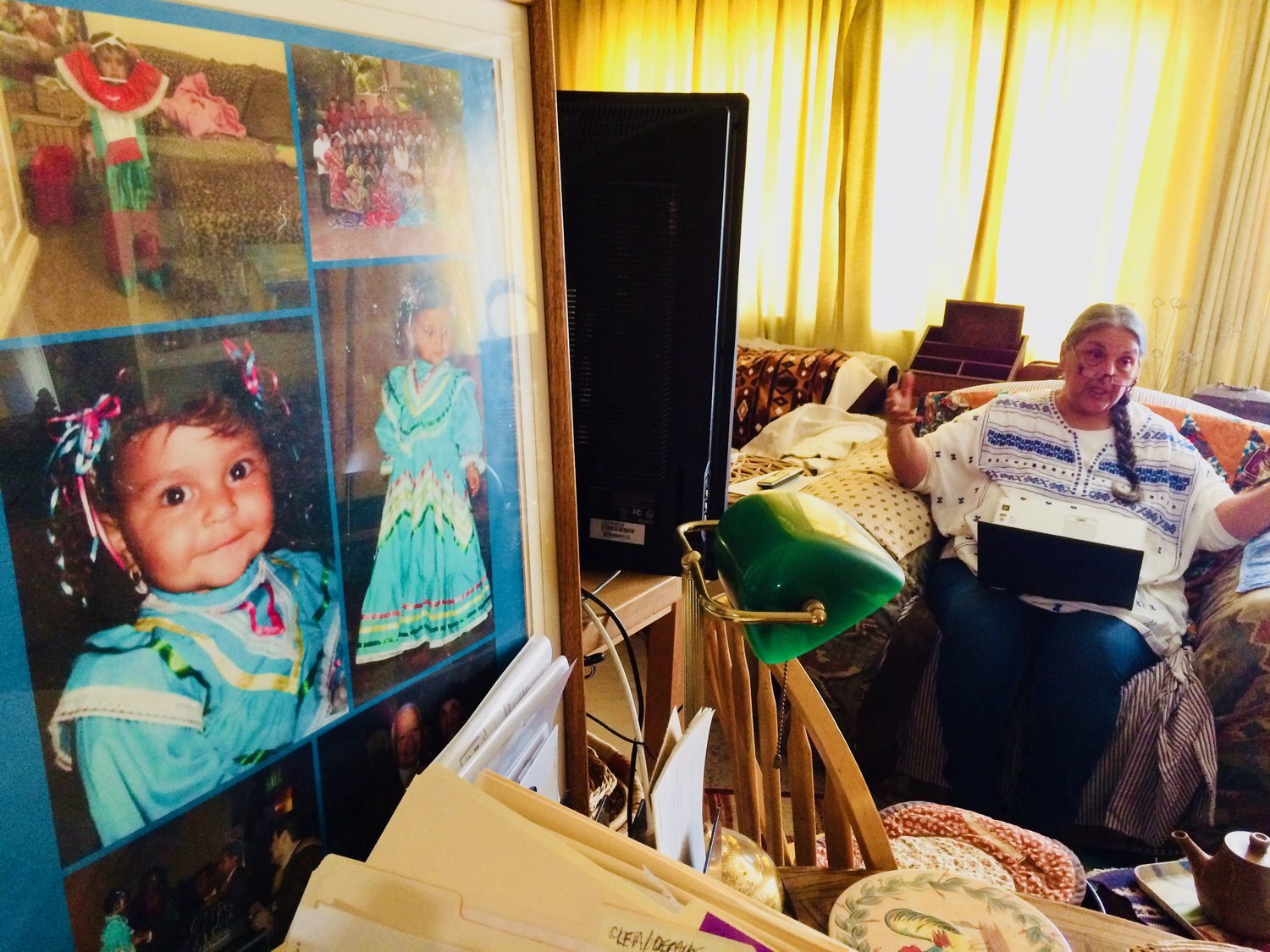
Chicano poetess and activista Dorinda Moreno says she was the last person to see Oscar alive before he disappeared in Mexico in 1974.
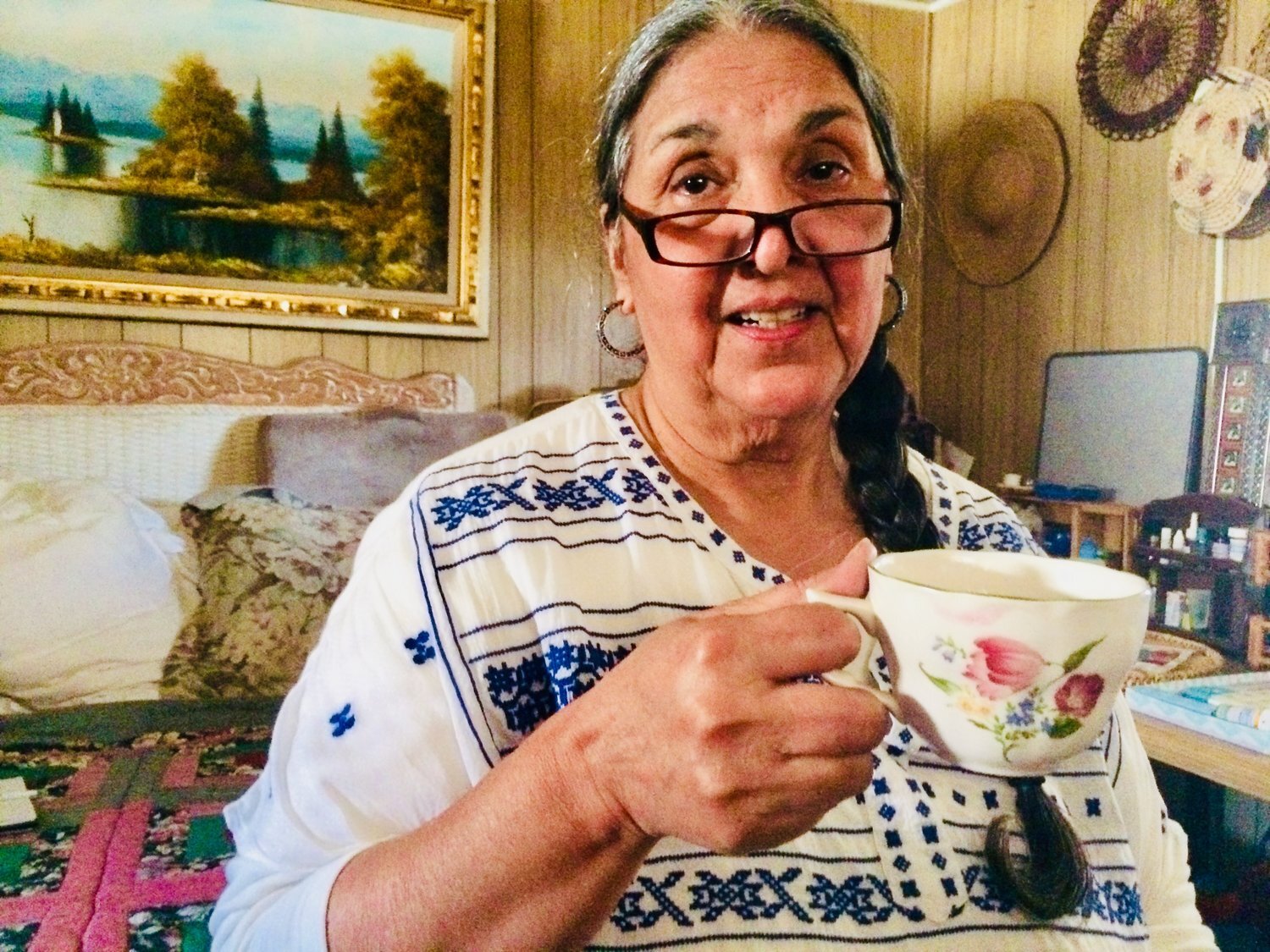
Dorinda Moreno at home in Santa Maria, CA.
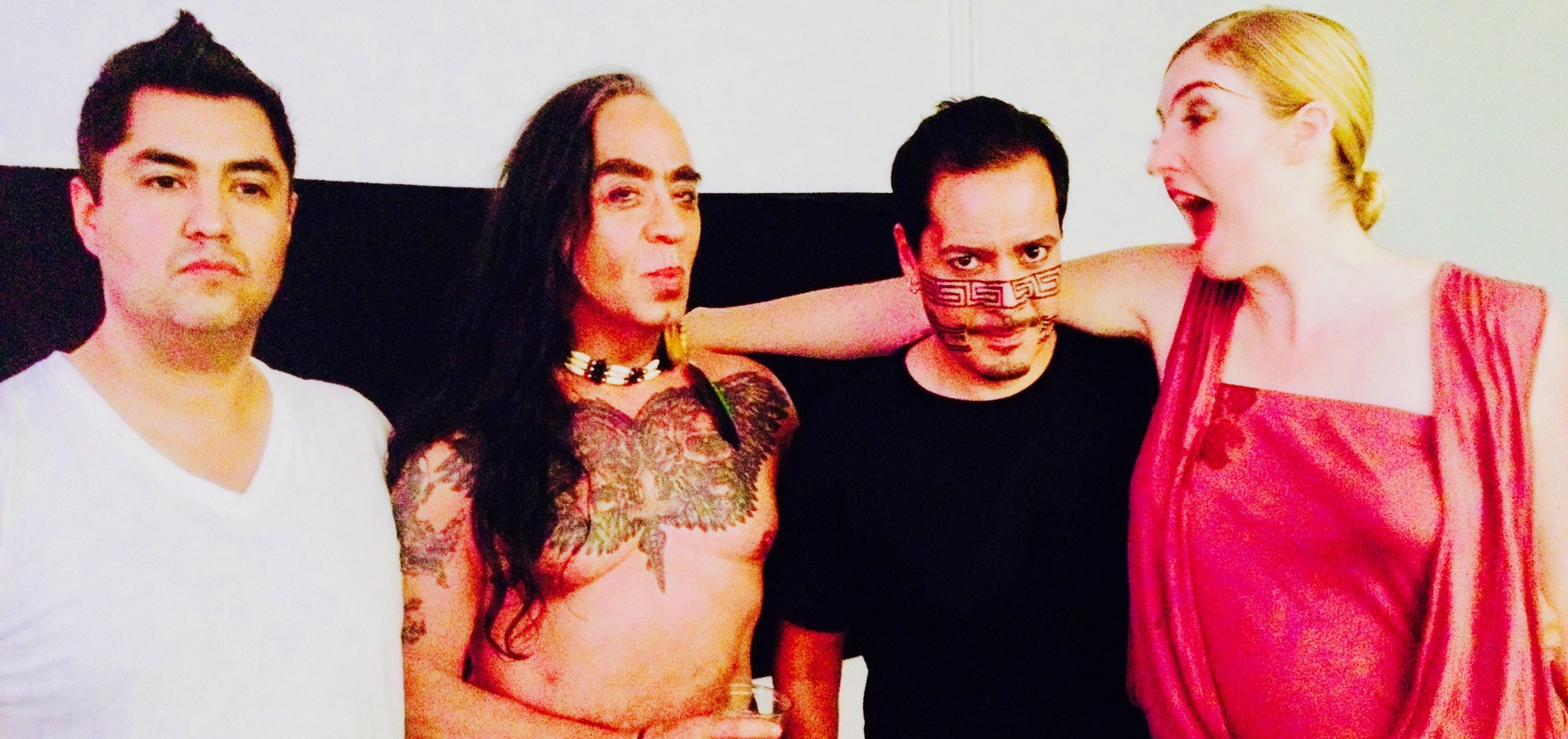
Guillermo Gomez Peña’s ‘La Pocha Nostra’ performance art troupe in LA with Podcast Host Marcos Nájera during a performance in LA”s Chinatown. Gomez Peña, like many Latino artists, have drawn inspiration and drive from Oscar Acosta’s writings and activism.
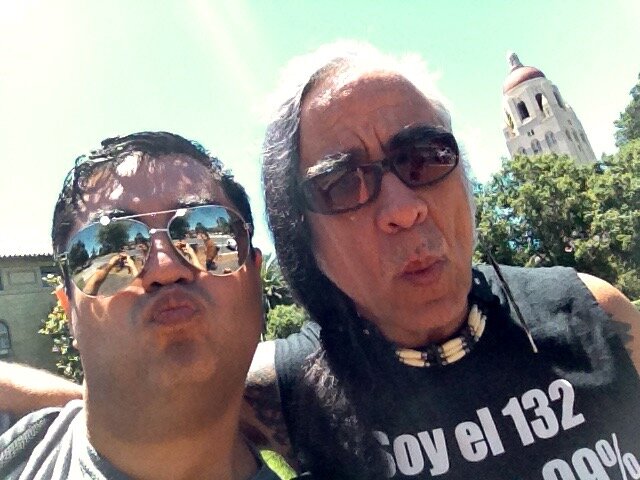
Podcast host Marcos Nájera and Guillermo Gomez Peña discuss Acosta before a performance at Stanford University.
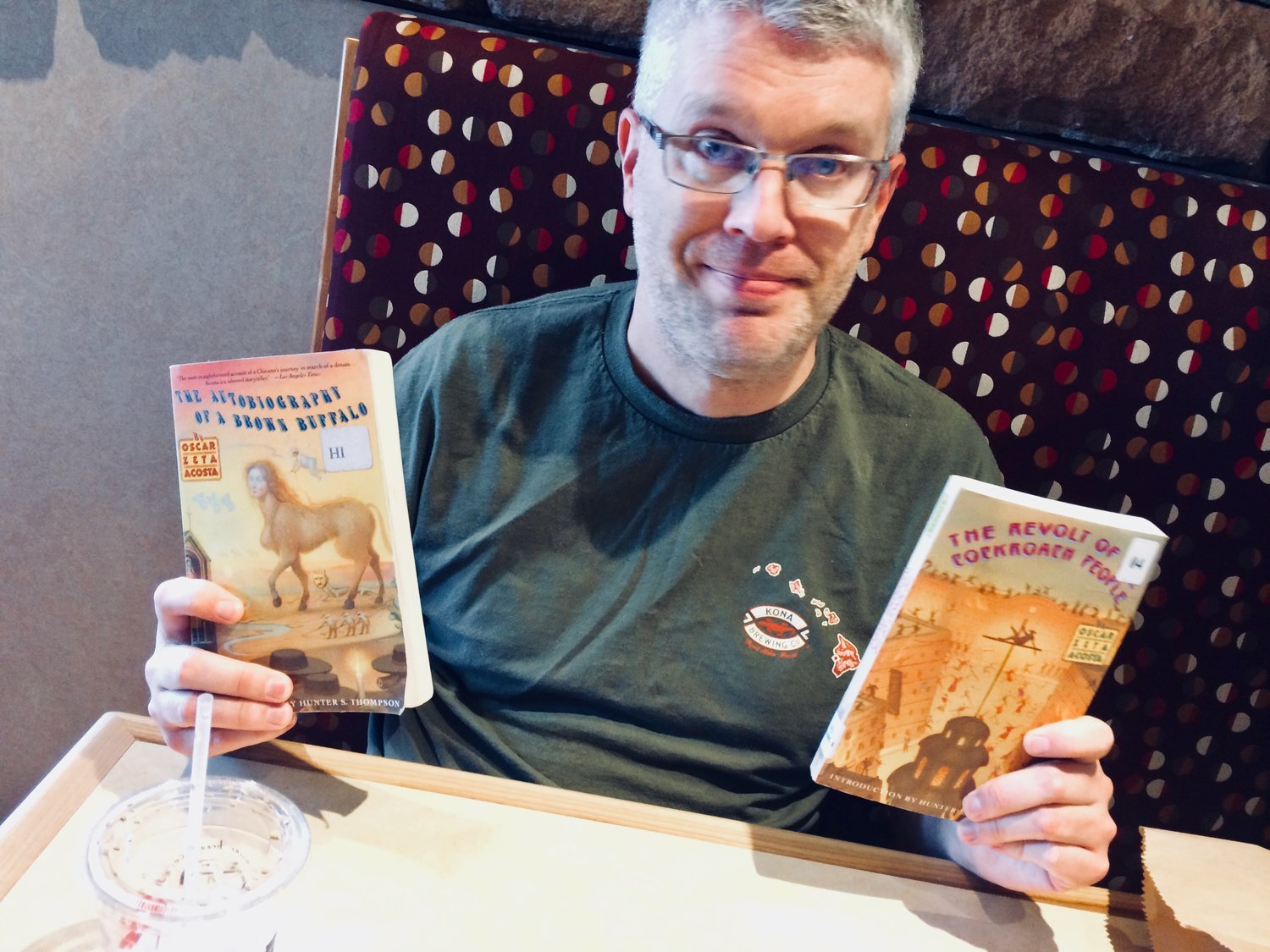
ASU English professor Lee Bebout is a self-proclaimed ’Saltine’ who teaches Chicano history and literature. He wants students and others to learn the unknown history of American Latino literature - which he insists should always include Oscar Zeta Acosta.
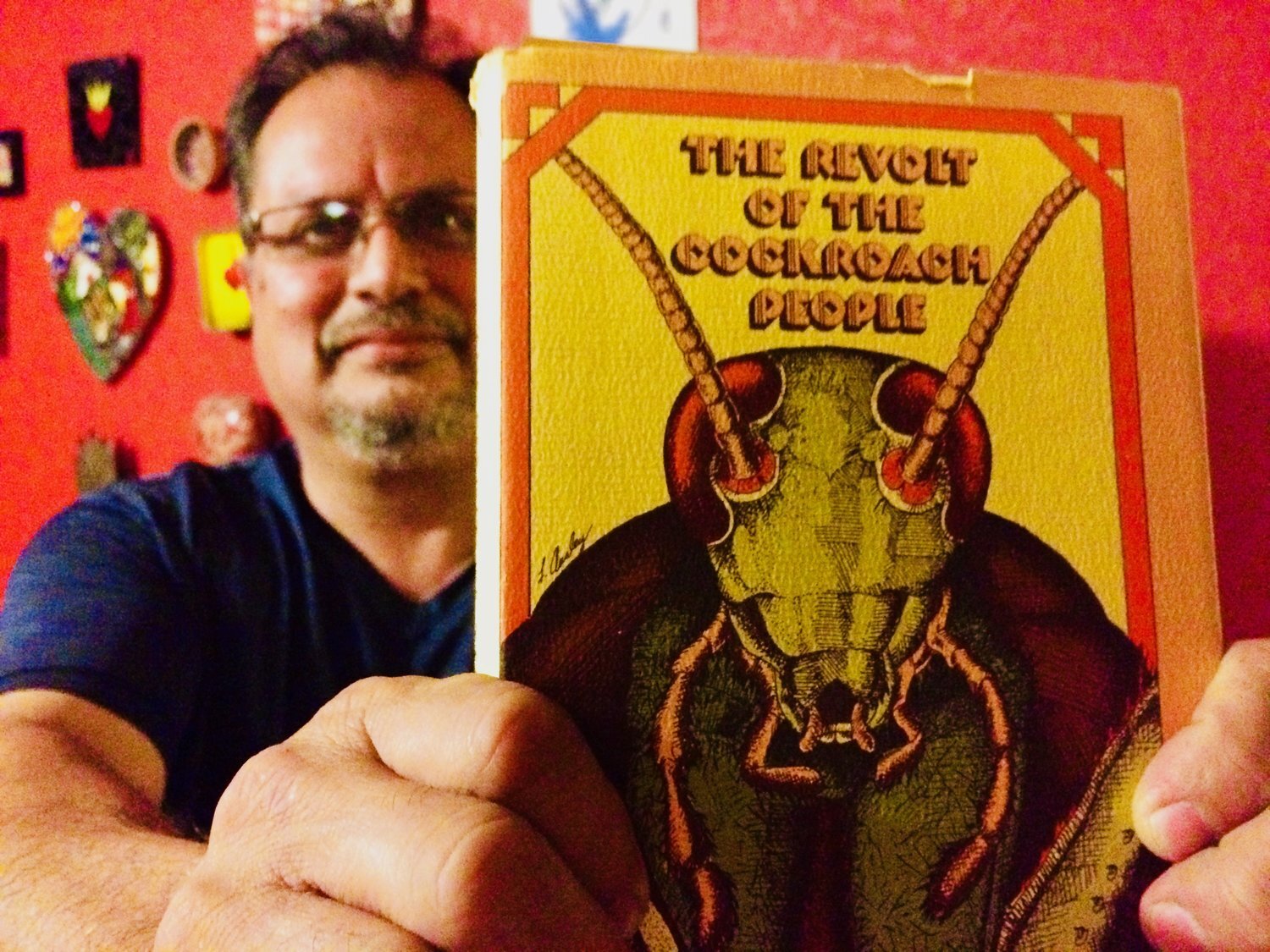
Arizona State University’s Louis Mendoza is Director of the School of Humanities, Arts, and Cultural Studies, and Professor of Literature and Cultural Studies. He shows a first edition signed book a mentor gave him as a gift. It was the first time Mendoza was introduced to Acosta’s writing and the book has followed him and inspired him throughout his career.
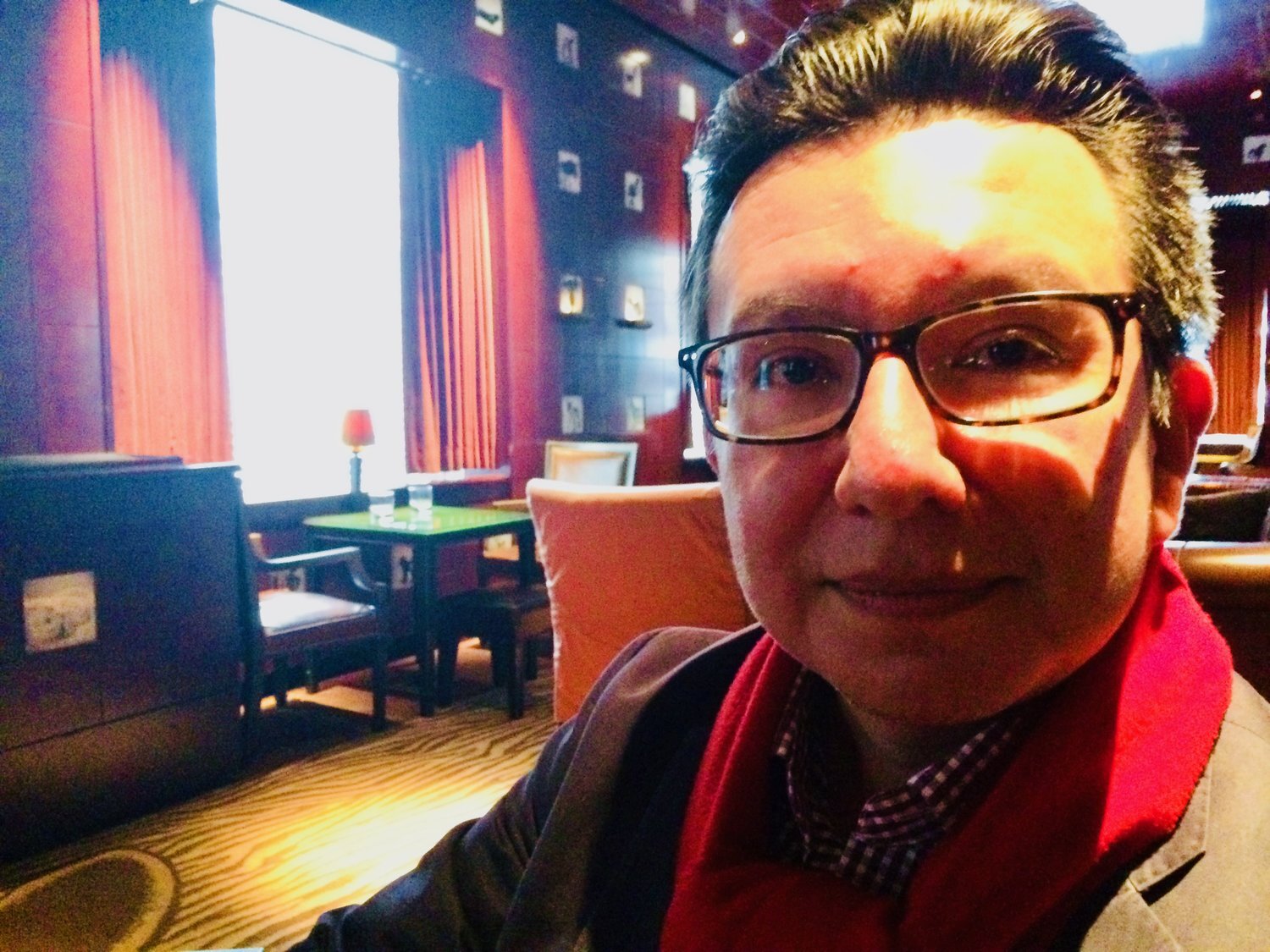
Marc-Tizoc González is a law professor at St. Thomas University in Florida. He writes about Acosta’s activism in the courtroom and insists young lawyers learn the legacy of Acosta’s wild tactics employed to fight what Acosta perceived as a corrupt American justice system. González was mentored by Ian Haney López, Oscar Acosta expert, at the UC Berkeley School of Law.
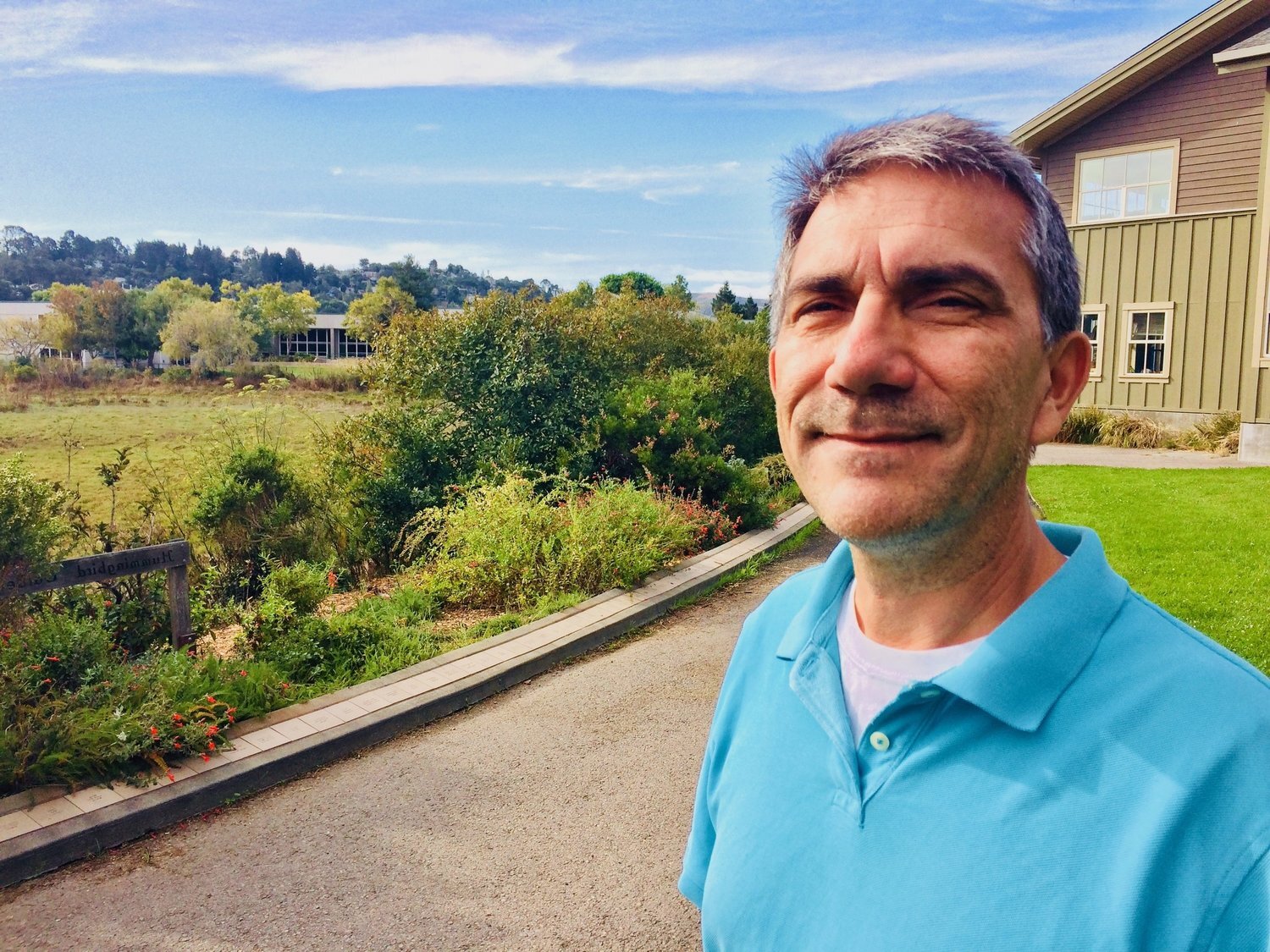
Oscar Acosta’s son, Marco, is a successful attorney living in Marin, CA. As a boy, his dad called him ‘Chooch’ as a nickname because Marco loved trains. Marco enjoyed listening to the jazz that his dad Oscar played while he wrote his books.
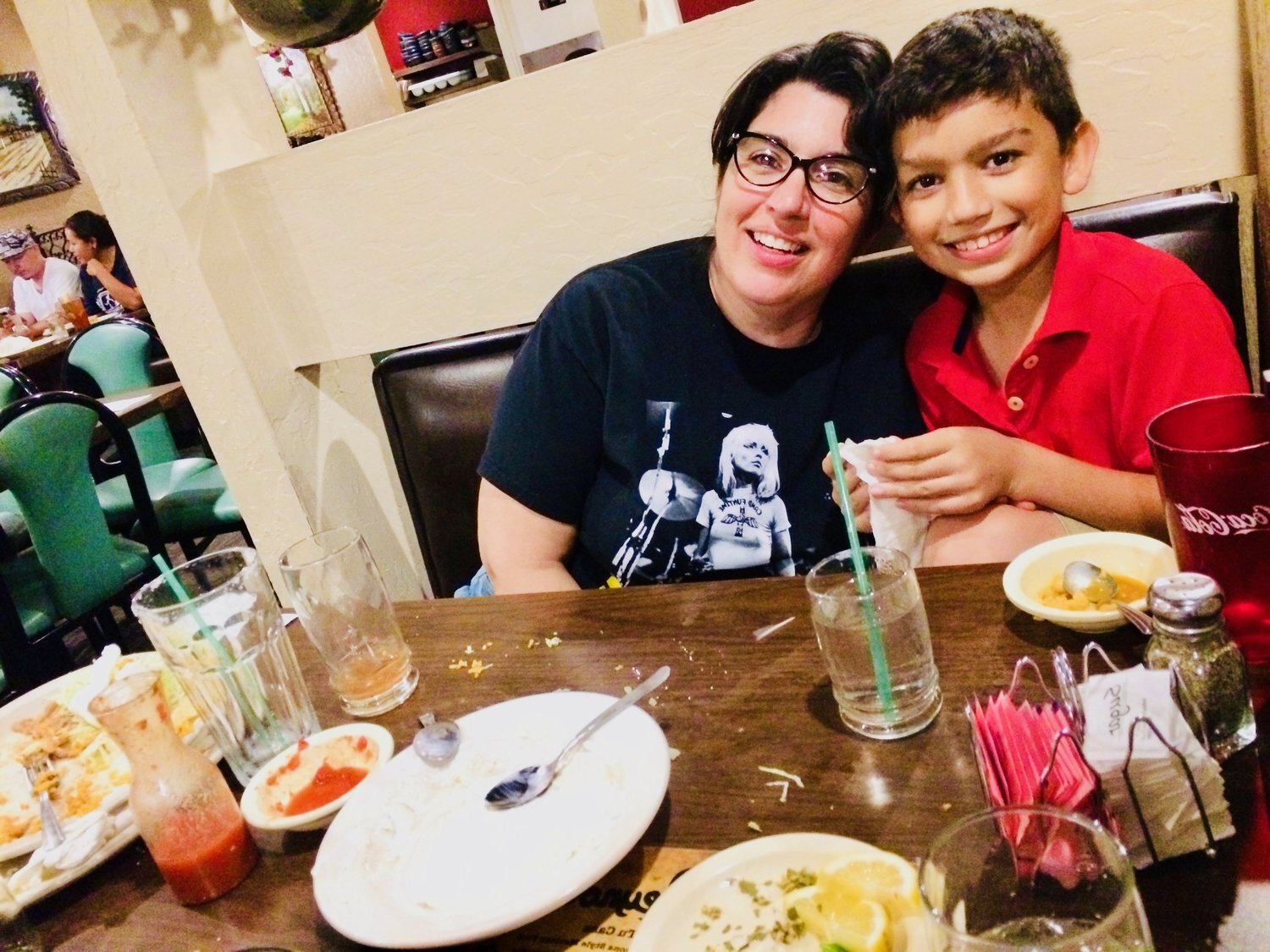
ASU film instructor Michelle Martinez and her son Elian. Martinez read classics like “Bless Me Ultima” and “The House on Mango Street” in college. These stories inspired her lifelong exploration into the Latino narrative - ultimately leading her to teach Oscar Acosta’s books.
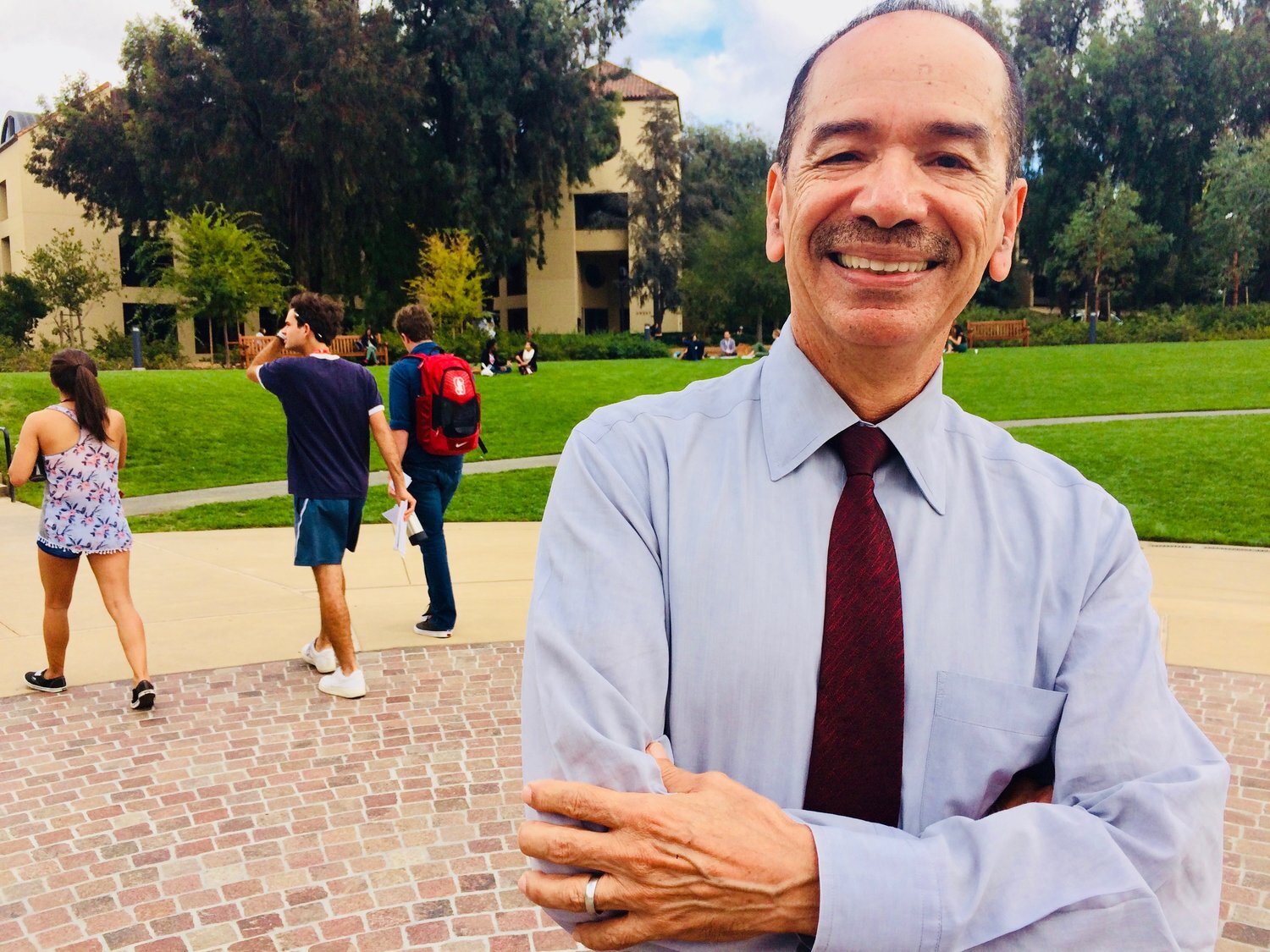
Stanford English and Comparative Literature Professor Ramon Saldivar has written extensively about Oscar Zeta Acosta. Some of his best known works include “Chicano Narrative: The Dialectics of Difference (1990), a history of the development of Chicano narrative forms,” and “The Borderlands of Culture: Américo Paredes and the Transnational Imaginary.”
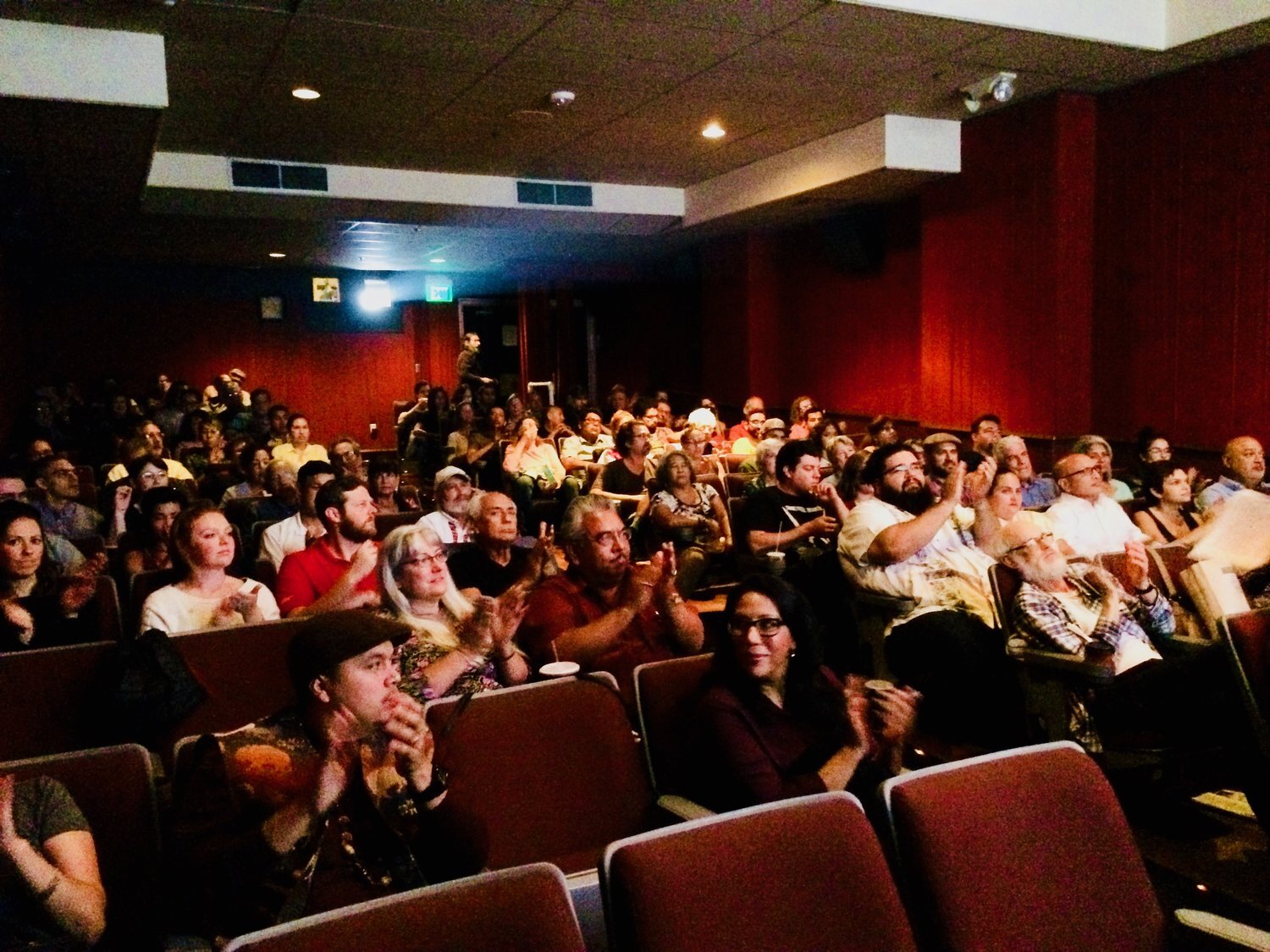
Audience members fill the house at the San Francisco Latino Film Festival premier of “The Rise and Fall of the Brown Buffalo.”
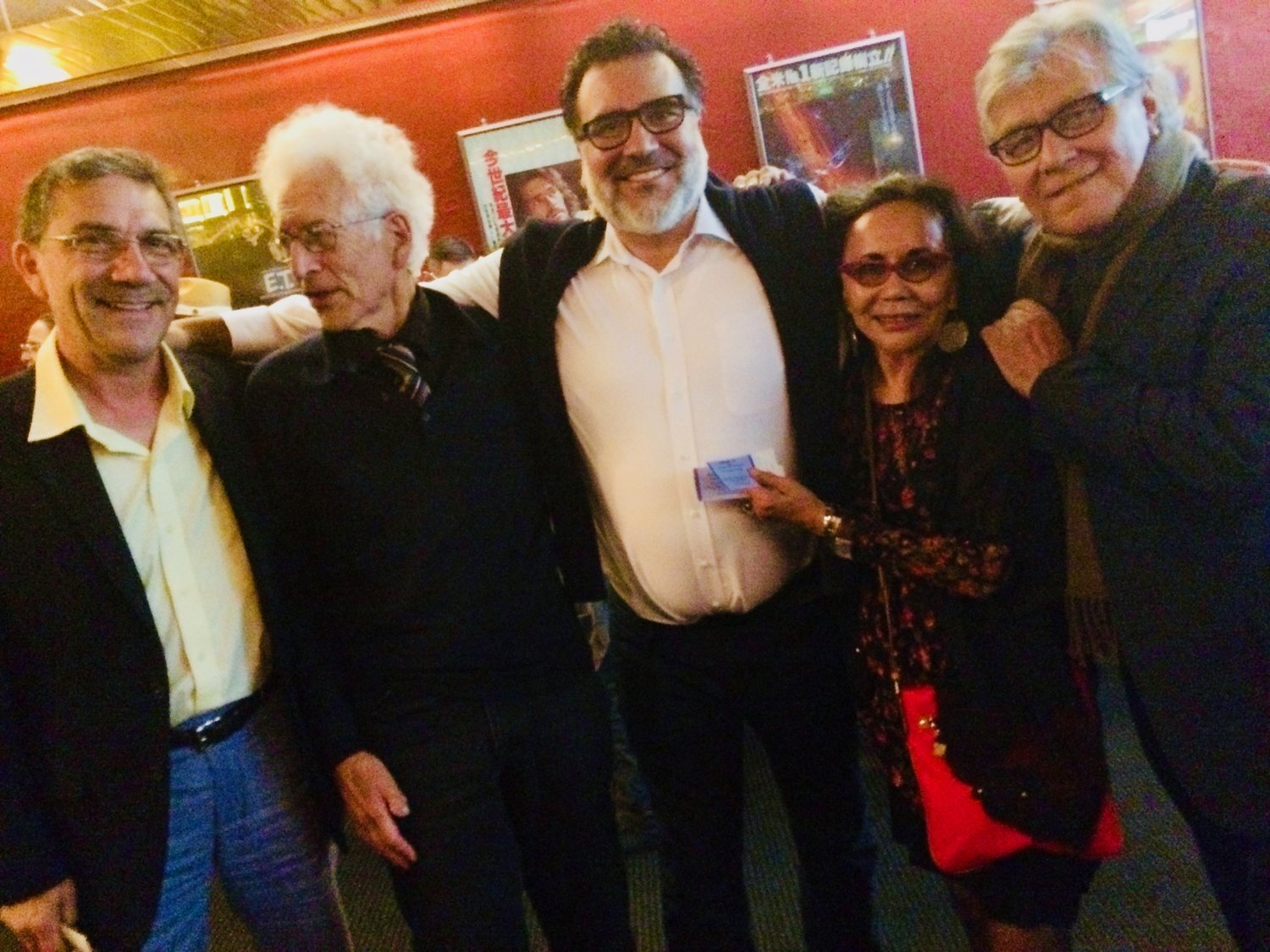
Marco Acosta, Alan Rinzler, Phillip Rodriguez, Anita Acosta and Ricardo Lopez at the San Francisco Latino Film Festival.




![[Clockwise from left] Anita Acosta (Oscar’s Sister), Marco Acosta (Oscar’s son) and Betty Dowd (Oscar’s first wife) share a laugh at the San Francisco Latino Film Festival afterparty inside Max’s Opera Cafe.](https://images.squarespace-cdn.com/content/v1/59669009d2b8571d854062af/1622264019061-OLXOZ21RF6XU37NFX2AM/BETTY%2BDOWD.jpeg)












Photos courtesy of Marcos Nájera.